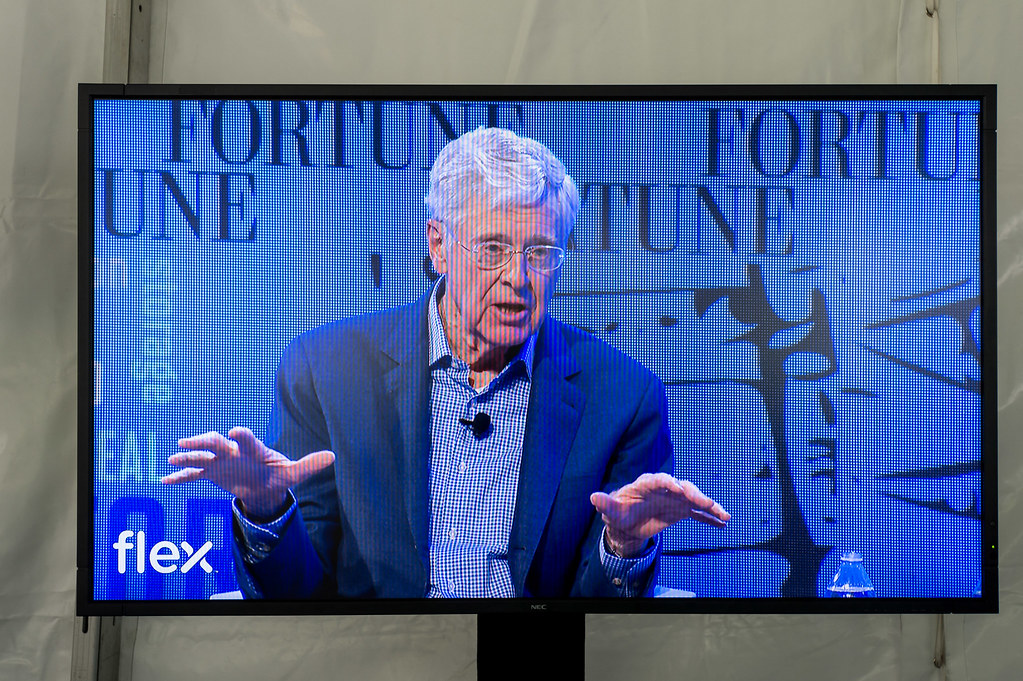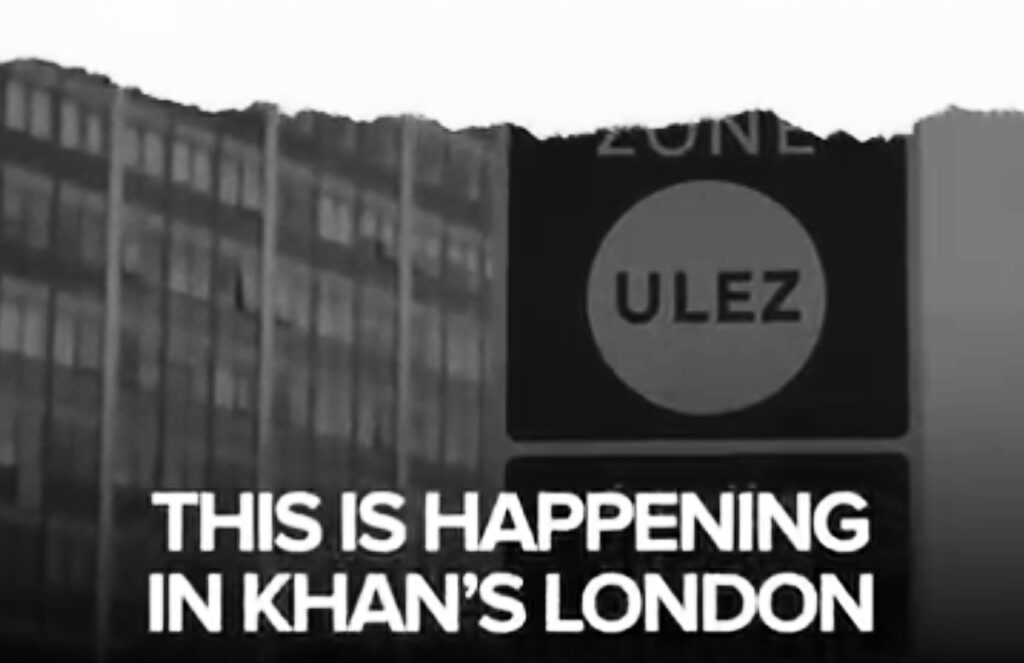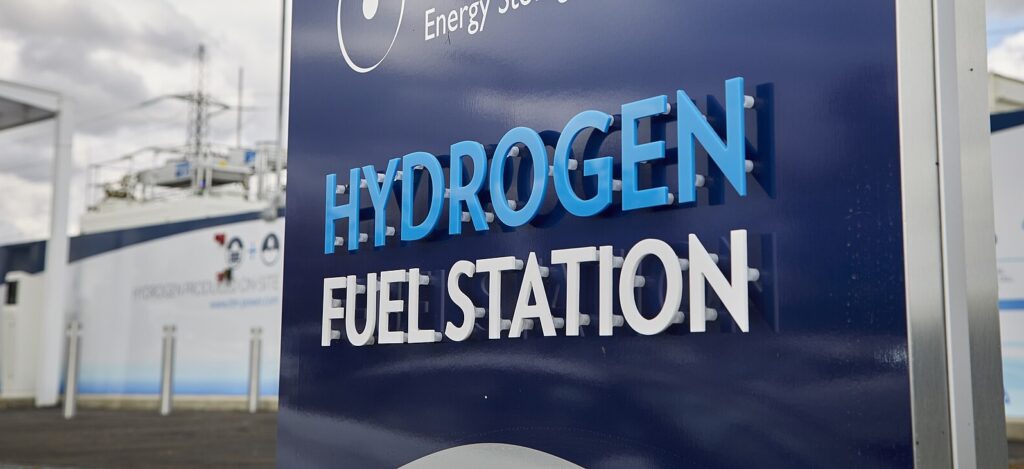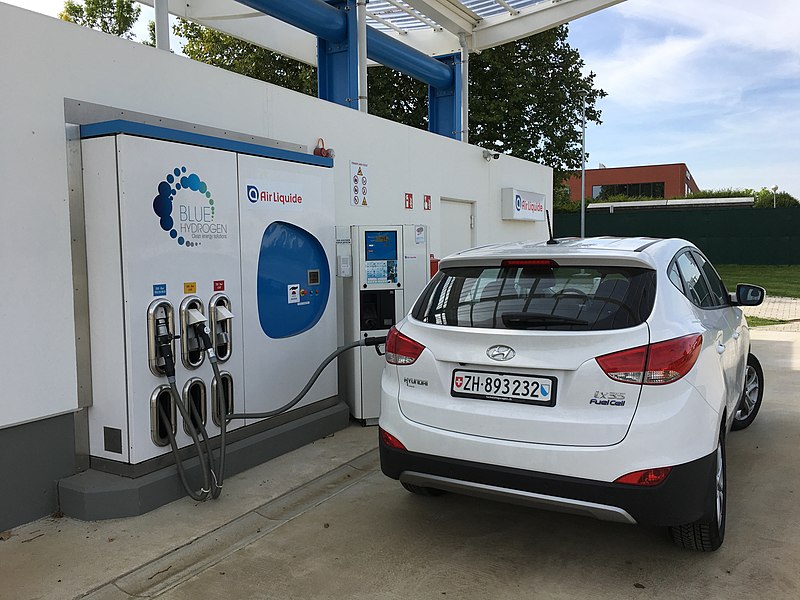Koch Industries, the second largest privately held company in the United States, has significantly increased its lobbying spending this year, including efforts to influence policy on key climate and transportation issues and legislation.
Mandatory disclosure forms reveal that lobbying by Koch Industries is up by almost 20 percent compared to this time last year. According to the forms, Koch lobbying expenditures through the third quarter total $9.1 million, compared to $7.7 million through the third quarter of 2018. This increase comes after Democrats took control of the House, as the Green New Deal entered the political discourse, and while a number of clean transportation policies were considered by lawmakers.
In fact, the lobbying disclosure forms indicate Koch Industries lobbied each quarter on issues including the Green New Deal and legislation pertaining to the EV tax credit and clean car standards—two hot button policies addressing the largest source of carbon emissions in the country—our gas guzzling transportation sector.
Here is a breakdown of Koch lobbying expenditures by quarter, as well as some of the issues and bills lobbied:
First Quarter (January through March 2019)
Total Spent: $4,620,000
Issues and legislation lobbied:
- General issues related to carbon pricing
- General issues related to Fuel Economy Standards
- H.R. 431 CAFE Standards Repeal Act of 2019
- H.R. 763 Energy Innovation and Carbon Dividend Act of 2019
- H.R. 9 Climate Action Now Act
- H.R. 330 Climate Solutions Act of 2019
- Resolutions re. Green New Deal
- Draft electric vehicle tax credit legislation
- S. 343 Fairness for Every Driver Act; H.R. 1027 Fairness for Every Driver Act
Second Quarter (April through June 2019)
Total Spent: $2,450,000
Issues and legislation lobbied:
- General issues related to carbon pricing
- General issues related to Fuel Economy Standards
- H.R. 431 CAFE Standards Repeal Act of 2019
- H.R. 763 Energy Innovation and Carbon Dividend Act of 2019
- H.R. 9 Climate Action Now Act
- H.R. 330 Climate Solutions Act of 2019
- Resolutions re. Green New Deal
- Draft electric vehicle tax credit legislation
- S. 343 Fairness for Every Driver Act; H.R. 1027 Fairness for Every Driver Act
- S.1094 Driving America Forward Act
Third Quarter (July through September 2019)
Total Spent: $2,060,000
Issues and legislation lobbied:
- General issues related to Fuel Economy Standards
- H.R. 431 CAFE Standards Repeal Act of 2019
- H.R. 763 Energy Innovation and Carbon Dividend Act of 2019
- H.R. 9 Climate Action Now Act
- H.R. 330 Climate Solutions Act of 2019
- Resolutions re. Green New Deal
- Draft electric vehicle tax credit legislation
- S. 343 Fairness for Every Driver Act; H.R. 1027 Fairness for Every Driver Act
- S.1094 Driving America Forward Act
As DeSmog has previously reported, Koch Industries and its associated network has pushed back hard against both the fuel economy standards and the EV tax credit. And these disclosure forms reveal that Koch has continued to lobby on these policies through the first three quarters of 2019.
The company’s preferred position on the fuel economy standards—simply axing them—has not gotten traction in the Democrat-controlled House, but Republican Rep. Roger Williams nonetheless introduced a bill proposing to repeal the standards. The oil & gas industry paid Williams $54,821 (2019-2020), with Koch Industries contributing $2,500 for the 2020 campaign cycle.
On the EV tax credit, the “Fairness for Every Driver Act” represents the Koch-preferred position—the bill proposes not only ending the tax credit for electric vehicles, but also imposing a user fee on “alternative fuel vehicles,” essentially penalizing EV drivers. Wyoming Senator John Barrasso, lead sponsor of the senate bill, is a top congressional oil & gas industry campaign contribution recipient, taking in $541,650 since 2015 including $15,400 from Koch Industries for the 2020 cycle. Missouri Rep. Jason Smith, sponsor of the House version of the bill, has received $7,500 from Koch Industries for the 2020 cycle.
While the disclosure forms don’t require Koch Industries to disclose exactly how much they are spending on each issue, the evidence is clear that the company is still actively fighting against policies that threaten the demand for refined petroleum products, those same products formed the backbone of the Koch petrochemical fortunes.
Main image: Charles Koch at Fortune Brainstorm TECH 2016” by Fortune Conferences is licensed under CC BY–NC–ND 2.0
Subscribe to our newsletter
Stay up to date with DeSmog news and alerts







